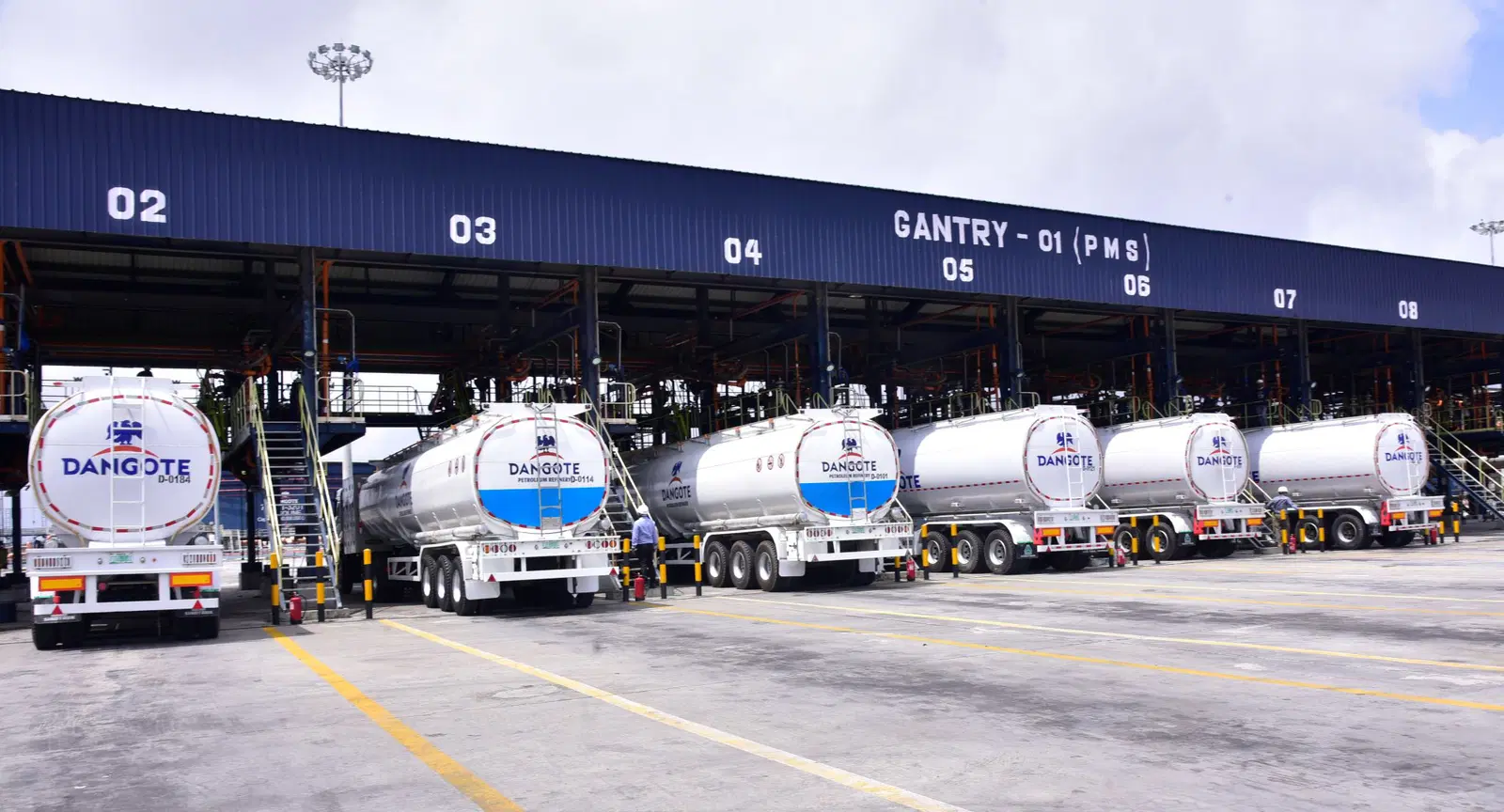The Minister of Livestock Development, Dr Idi Maiha, has urged the Raw Materials Research and Development Council to spearhead the transformation of Nigeria’s livestock sector through research and development.
Maiha emphasized that this initiative would position Nigeria to tap into the $23 billion exotic livestock breed market and boost the country’s leather production capabilities.
This was disclosed by the Minister during a courtesy visit by RMRDC Director-General, Prof Nnanyelugo Ike-Muonso to the ministry.
A statement by the council on Friday noted that Maiha highlighted several key areas where RMRDC could play a pivotal role, including pasture and fodder development, local production of livestock feeds, and the use of artificial insemination to increase milk yield in cattle.
Maiha also highlighted the importance of promoting exotic livestock breeds, including the Sokoto Red goat, known for its premium-quality leather, often misidentified as “Moroccan leather.”
“This breed has significant potential in the global leather market, which is valued at over $23bn, but Nigeria’s current share remains minimal due to a lack of quality leather products,” Maiha pointed out.
He also emphasised the “need for research into local medicines and vaccines, alongside the development of strategies to protect the skins of livestock species.”
The minister further emphasized the need to improve cold chain infrastructure and introduce solar dryers to enhance the quality and shelf life of livestock products, thereby increasing the sector’s overall value and competitiveness.
The RMRDC DG, Prof Prof. Ike-Muonso, responded by pledging the council’s dedication to advancing the livestock sector through focused research and development efforts.
He highlighted the council’s past and ongoing initiatives to enhance the livestock sector, including dairy development projects.
Notable efforts include the establishment of milk collection centers in Paikonkore, FCT, and Yola, in partnership with Modibo University in Adamawa.
He also emphasized the council’s efforts in vaccine development, particularly the production of thermostable vaccines for poultry in collaboration with the Veterinary Research Institute in Vom, Jos.
He further elaborated on the council’s artificial insemination projects designed to boost milk yields in local livestock, highlighting a notable collaboration with the Taraba State government.
The statement added that the partnership “is expected to transform Nigeria’s livestock sector, driving economic growth, improving livelihoods, and promoting local content development.
“This collaboration aims to reduce the country’s dependence on foreign inputs, increase agricultural competitiveness, and support sustainable development in the sector.”










